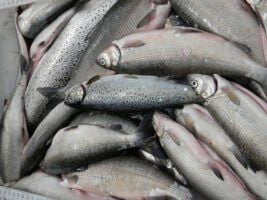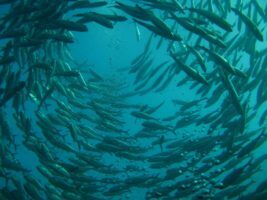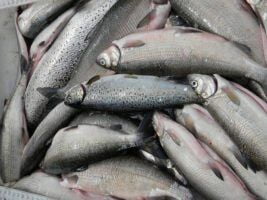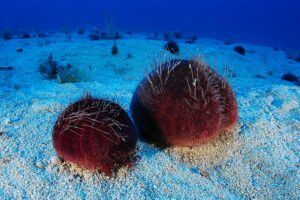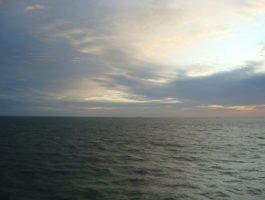

Environment
Oceana And EU Start Negotiations For Recovery Of North Sea Stocks
EU starts negotiations that will decide the future of 28% of all EU fish catches including iconic species such as hake, cod, and Norway lobster
Yesterday, the European Commission published a multiannual management plan proposal for the North Sea theoretically aimed at managing stocks at sustainable levels for cod, plaice, hake, Norway lobster and other commercial species that live close to the sea floor of the North Sea. Oceana welcomes the plan as such measures are well overdue and desperately needed, however the international marine conservation organisation fears the plan lacks ambition and leaves the doors open to continued overfishing of the most important North Sea fish stocks since it still permits fishing above sustainable levels.
The North Sea hosts several of Europe’s most important fishing grounds with annual catches of 1.3 million tonnes, which equates to 28% of all catches within the EU. In order to achieve the sustainable exploitation of fisheries in the North Sea, the plan proposes a range of fishing mortalities to exploit the stocks according to sustainable levels or MSY (maximum sustainable yield). Further safeguards include protecting stocks below a healthy biomass, an obligation of only landing important species in designated ports, and rules on the requirement to notify landings to authorities, amongst others.
The worrying aspect is that in its current form, the plan still allows for the continued overfishing of the most important North Sea fish stocks as it tolerates fishing at a higher fishing mortality range than which would guarantee MSY in stark contradiction to the binding commitment of the Common Fisheries Policy. As it stands today nearly half of the fish stocks of the North Sea are overfished.
“Oceana considers this proposal and the negotiation that will follow as one of the most crucial milestones in the future of EU fish stocks since the new European Common Fisheries Policy entered into force.” Explains Ricardo Aguilar, Director of Reseach at Oceana in Europe. “Under this new commitment of ending overfishing by 2020 and securing both stable and sustainable food source from our oceans, EU fish stocks simply cannot be recovered and maintained to its full potential with half-hearthed measures and this latest proposal could do more to achieve this.”
Due to the importance of the region for marine biodiversity and fisheries, Oceana’s marine scientists are currently undertaking a two-month at-sea expedition to document sea-bottom habitats and species in the North Sea. The project will document selected marine habitats and aims to strengthen the network of marine protected areas (MPAs) in the region, crucial for sustaining healthy fish stocks.


 Features9 months ago
Features9 months agoWhat is the Eco-Friendliest Option to Wash Your Dishes?

 Environment12 months ago
Environment12 months agoBuilding a Career in Green Construction: Tips and Insights

 News11 months ago
News11 months ago5 Ways Fleet Maintenance Software Can Help Businesses Be More Eco-Friendly

 Features10 months ago
Features10 months agoAddressing Pressing Ethical Concerns with Crypto Exchanges




